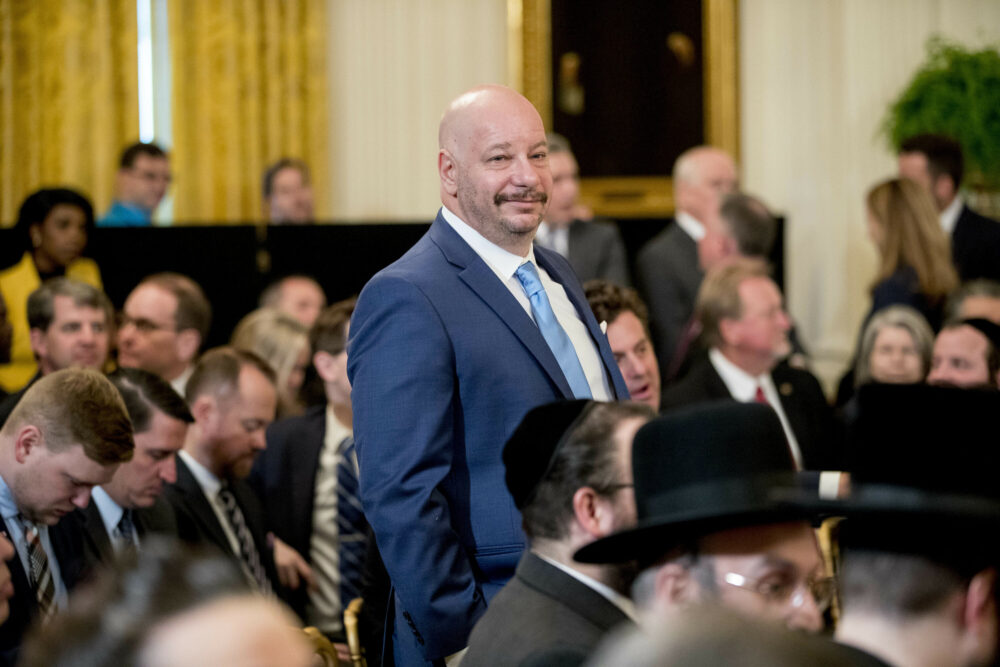
The U.S. Supreme Court will consider whether or not to take up a Texas case that argues footage captured in a jail was unfairly shown to jurors who gave out a death sentence.
The footage was from Jeff Ross Roasts Criminals: Live at Brazos County Jail. One of the inmates in the special was Gabriel Hall, who was convicted of murdering Edwin Shaar and stabbing his wife, Linda Shaar in 2015. While Hall was being held in Brazos County Jail, Ross filmed the special where he interviewed inmates, including Hall. The jury sentenced Hall to death after prosecutors played footage from the special during the sentencing stage that showed Hall joking about crime and murder.
“We know that there was a comedian from Comedy Central who filmed Mr. Hall making certain gratuitous comments about the criminal justice process and crime, and criminal law in general,” Williams said. “And that footage was never aired, but it was actually used during his trial. And his attorney is arguing that that was a violation of his constitutional right under the Texas amendment.”
Williams explained that state law does not permit the state to contact a defendant once they have been formally charged with a crime, and since Hall had been charged with a crime at that time, his team is arguing that the state impermissibly contacted Hall and conducted the interview.
“The big issue is going to be whether or not this actually was the state’s doing or was this purely the actions of a private individual, the comedian with Comedy Central,” he said. “Was the state somehow involved, as the defendant is arguing, in this contact?”
During the footage there were comments in a joking manner about crime and murder. Williams said Hall never brought up his personal case during the interview, but prosecutors argue that the footage shows that Hall had a lack of remorse and indifference on his part of committing the crime.
Williams said Hall has an uphill challenge to convince the Supreme Court to take his case.
“For one, he’s got to prove that the state was involved in this process, that the comedian was acting as an agent of the state,” Williams said. “And I think that’s going to be pretty hard to do. And then, even if he can prove that, he’s got to prove that his case was harmed by this footage being shown to the jury, and affected the outcome of his case. I think those are going to be two extraordinarily difficult hurdles for him to overcome.”
According to Hall’s lawyers, they issued a statement to Brazos County Sheriff asking Hall not to be contacted by outside sources without the lawyer’s permission, but Ross, a comedian who is known for roasting people, still filmed inside the jail.
“The (jail) wasn’t careful enough, I guess, following those directives, and maybe they were under the impression that a comedian wouldn’t be eliciting any kind of information about his case,” he said. “Usually those orders would apply to somebody who’s looking for information about the case. Maybe that would be the position why (the jail) allowed the filming to take place.”
Williams also pointed out that Hall did sign a release and that inmates were informed that they would be filmed.
“Even though the state might have been negligent in allowing filming, that isn’t sufficient for him to argue that his constitutional rights were violated,” Williams said.
Comedy Central and Ross have not publicly commented on the appeal in the case.
Williams said this is a unique case, and it might be several months before the court decides whether or not they will take his case.
Subscribe to Today in Houston
Fill out the form below to subscribe our new daily editorial newsletter from the HPM Newsroom.
Source link

